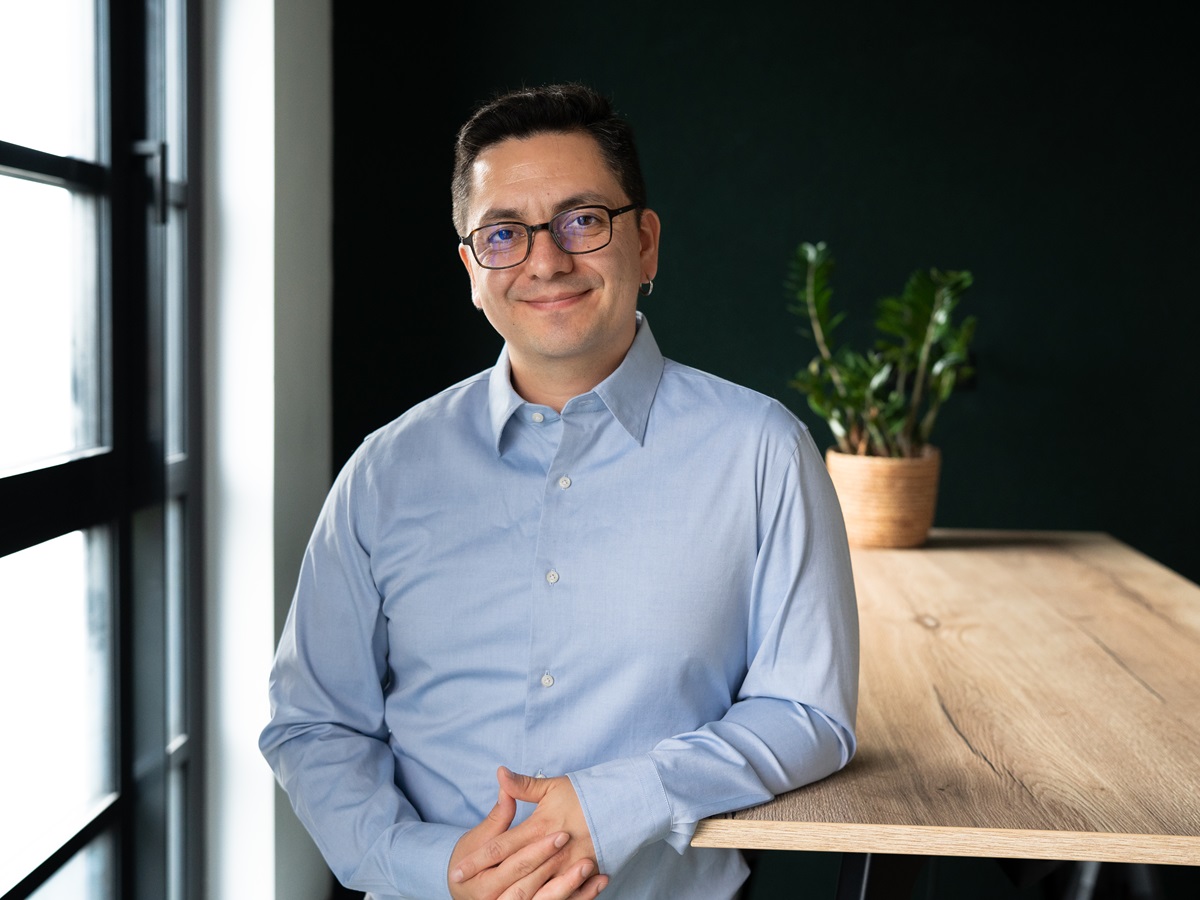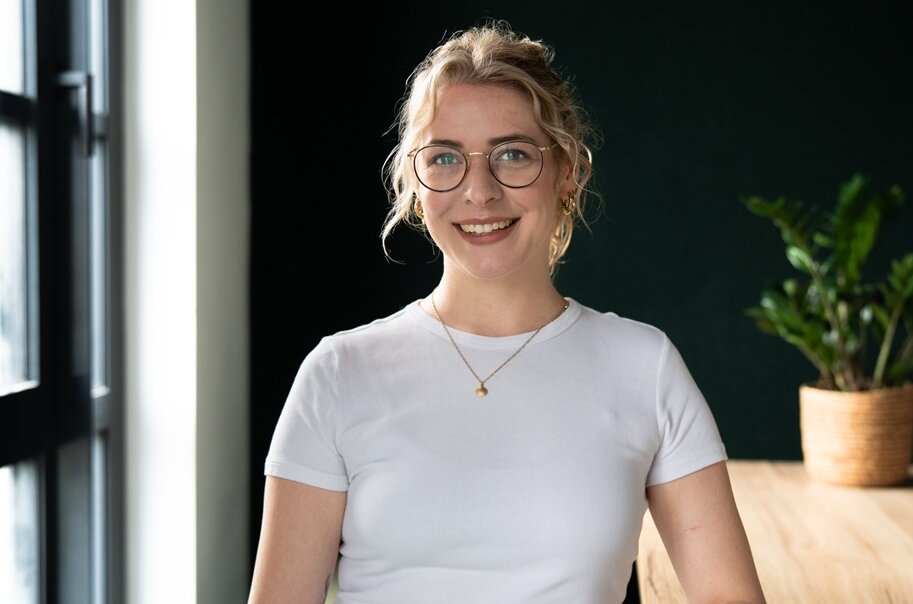
“The recognition process needs more digital solutions”
Interview with Carlos Meza, sales manager at lingoking
Carlos Meza, sales manager at lingoking, has been dealing for many years with the recognition in Germany of international skilled workers’ qualifications. In this interview, he talks about the hurdles involved in the process, how digitisation could help and how lingoking is already making the process easier.

Professional recognition:
bureaucratic hurdles and hopes for digitisation
Carlos Meza: I’m actually from Mexico and came to Germany in 2012 to study political science here. During the pandemic, I worked as a nursing assistant for almost two years alongside my studies and then as an integration manager at a recruiting agency. Now I’m a sales manager at lingoking and spend a lot of my working time telling hospitals about our digital translation solution. Because that’s exactly what the recognition process needs: more digital solutions.
Carlos Meza: My first experience with professional recognition was during my work as a nursing assistant. Not only was I able to gain valuable experience in nursing care here, but I also saw how my international colleagues had to go through the recognition process in Germany.
This led me to my job as an integration manager at a recruiting agency. In that position, I supported nursing staff from different countries through the recognition process and experienced first-hand the challenges that it poses.
Since then, the topic of “the recognition of international professionals” has stuck with me, especially the digitisation of the individual process steps, so that everyone involved can concentrate again on what’s most important: the successful integration of our international professionals.
Carlos Meza: Currently, there are a lot of different players involved in the recognition process. If we look at the accelerated skilled worker procedure and the “fast lane” in Bavaria, we see that the process has already been optimised and centralised. But that’s not the case in the regular process and not in all federal states.
Plus, there are many different formal requirements in the recognition process, which also differ depending on the federal state. If you as an international skilled worker aren’t familiar with these bureaucratic hurdles from your home country and don’t yet have a perfect command of the German language, this complexity can lead to major problems.
Another challenge is the lag in digitisation: in most federal states, the recognition process is conducted almost exclusively in paper form and without digital support.
Carlos Meza: Above all, the bureaucratic hurdles already mentioned are a major challenge. Most international professionals aren’t familiar with this high degree of bureaucratisation from their countries of origin. German “officialese” is not easy for even native German speakers to understand, so you can imagine how difficult it must be for people who are just learning the language. And intercultural differences can complicate things even further.
Carlos Meza: Certified translations that are recognised by the German authorities are essential for applying for the assessment notice. The application isn’t considered complete and can’t be processed without the necessary translations of the documents. Even certified translations that are not recognised by the German authorities will also mean that the application is not complete.
So, it is extremely important to be able to provide certified translations of documents that are also recognised by the authorities. And this is where lingoking comes into play. Our certified translations are carried out exclusively by sworn translators and are therefore guaranteed to be recognised by all German authorities. And translations can be ordered from us very easily in just a few steps.
Carlos Meza: A good first step towards accelerating the recognition process is to centralise the contact points, like we see in the accelerated procedure for skilled workers or the fast lane. This should be implemented for all professions, in all federal states and for all recognition procedures.
However, the process would run even faster if the steps were digitised. For example, it’s already possible to create certified translations with QES (qualified electronic signature). This means that the certified translation can simply be sent digitally instead of having to be sent by post. If you could then save the time otherwise required for submitting the documents, receiving the notice, etc. by post and digitised these steps instead, you could shave several weeks off the process.
The resulting free capacities and resources could then be used in other, more critical areas, for example in integration, language acquisition or qualification measures.
lingoking:
the digital solution for certified translations in the recognition process
Carlos Meza: Our customers report that they save up to an hour per order. This is due, for example, to the fact that they are spared the search for suitable, available translators: once they place their order with lingoking, our platform automatically searches for suitable translators for the jobs.
Carlos Meza: Our team of translators comprises in-house translators employed directly by us and freelance translators from our platform. Our in-house translators go through the standard application process and must be able to demonstrate their status as a sworn translator on the basis of the certificate of appointment. All sworn translators on our platform must also submit all the necessary documents of their qualifications and their certificate of appointment to us. These are checked and, under certain circumstances, a test translation may also have to be submitted. The translators are activated on our platform and are able to accept translations only once the verification process is complete.
Carlos Meza: In order for certified translations to be recognised by the authorities and official bodies in Germany, they must be done by sworn translators. We guarantee that all certified translations are carried out exclusively by our sworn translators. This means that we can also guarantee that all certified translations from lingoking will be recognised by all authorities and official bodies in Germany.
Carlos Meza: Well, for one thing, we produce certified translations that are guaranteed to be accepted. These can be ordered in just a few steps. We do the rest. This saves our customers considerable time and effort.
For another, clinics and nursing-care facilities can book our deficit assessment service. We take care of the application for the deficit notice. We check all papers, translate and certify all necessary documents and finally submit the application. We even take care of communication with the authorities.




